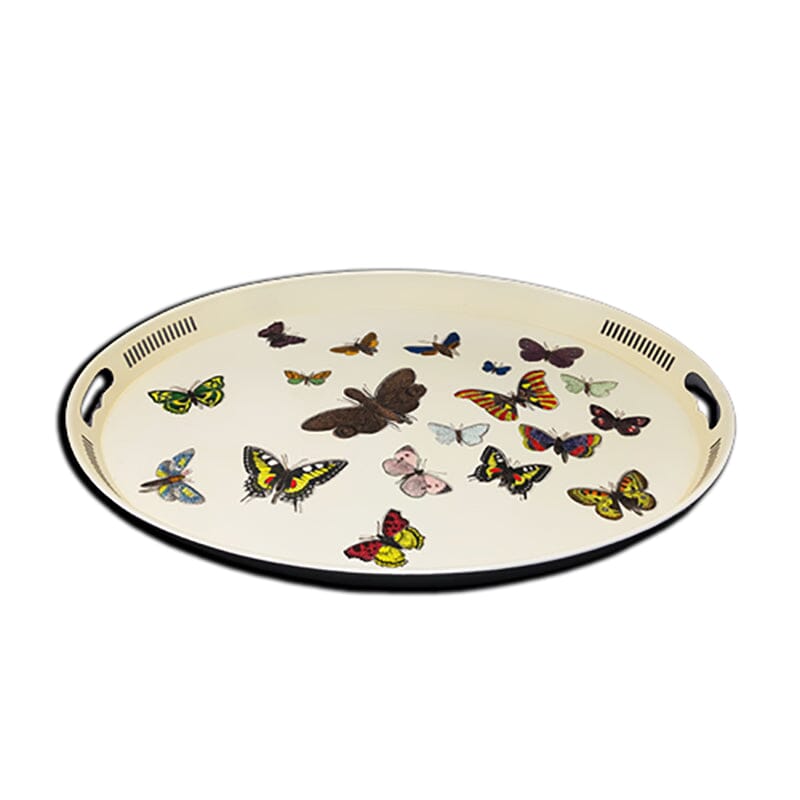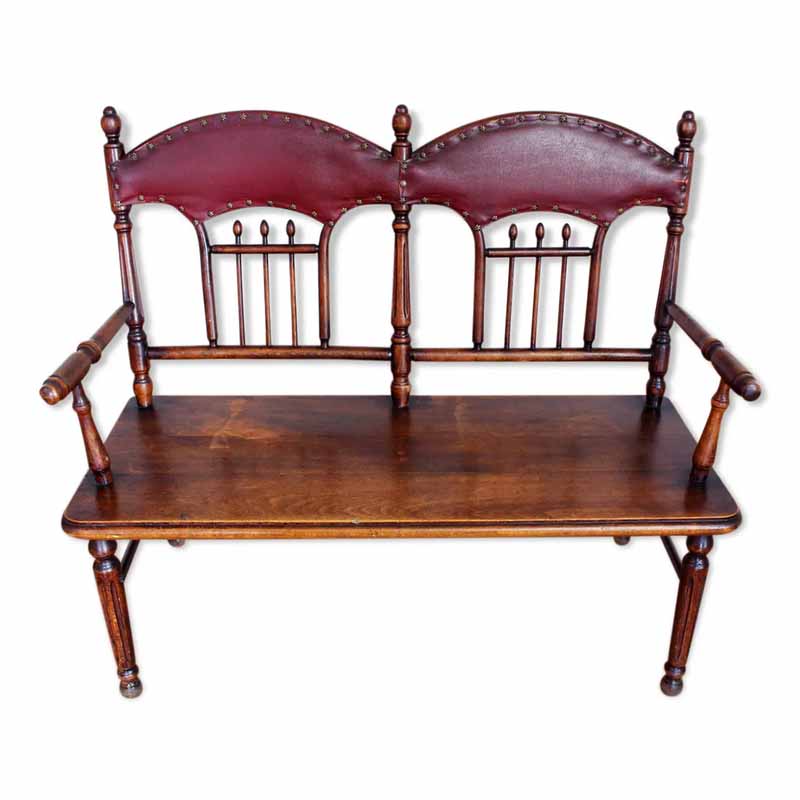I wouldn't give up
on this piece without further study and appreciation. For one thing, the slight modifications to the design are telling, suggesting (to me) a desire to improve on the original image. One element that's missing or faded, part of the landscape piece (?) on the left, has been included in the newer version. The texture of one or two colors of the earlier work might be sun-fading; the second work is clearly made in a more permanent medium.
Perhaps a friend or relative of the artist made the newer version as a way of "completing" the original work -- as a study or a student practice exercise in design and technique ? It's so odd that the back of a perfectly good canvas-board was used for the first work, saving the better face for a future painting. Perhaps the whole thing can be explained simply, by positing that the same artist made both images, trying out his design and colors on the reverse of the board, and following up with the final version on the correct side of the material -- with a prolonged gestation period intervening ? In other words, Norm's original suggestion . . .
The range of opinions about this puzzle indicate the difficulties in attribution and construction of a true tale of origin. I'm not aware of another similar case. The puzzle alone makes the painting(s) worthy of note and of display, in my view -- and the second version is a perfectly fine example of modernist decorative illustration, as I see it. Perhaps a full-size photo-copy of the rear (first) version of the image could be framed -- to match ? -- and displayed next to the "better" one . . . ?
I agree with Mark
Two different artists.
Maybe someone who had some decent skills appreciated the painting, did a spiffed up version on the other side, but still wanted to give full credit to the artist.
I like the first one best.
If it IS a copy by a second artist, it is a very nice thought to pay homage to the original artist in this way.
I also enjoy not knowing for sure...
Norm and SDR
have very good points too...
It is quite reasonable that it was simply a first study done on the back, and that the back and front are by the same artist.
Often times, people that don't make art forget about this fairly common step.
So now Im back to square one. For some reason though, it feels like a different person.
.
"Someone totally unrelated to the original artist but shares the same name comes across this painting in the thrift shop and thinks, hey I can improve on this."
With all due respect, what are the odds of that ?
As a working artist, I have to say that the second-gun theory just doesn't do it for me. Stranger things have happened -- but why would a second artist sign the first artist's name to his work, unless to defraud ? And what are the chances of successful fraud, with both works made on the same panel !
I think the owner of this oddity had it right the first time. (My DD mother used to say, when looking for a lost item, "Go look in the first place again.")
The year...1962, a child is...
The year...1962, a child is born, parent paints brightly colored landscape scene to hang in the nursery which follows the child to the bedroom. Fast forward to 1980...child is off to college and wants to take childhood art with.
Parent is embarrassed to have old faded art hanging in a "public" place, flips it over and re-paints.
Alternate ending... child pays homage to parent and re-paints.
Nobody properly trained
puts a finished painting on the back of cheap canvas board. It's got to be a study, perhaps lost in the clutter and revisited nearly two decades later.
The pigments used on the reverse seem to have faded badly and the paper shows the darkening of wood-pulp degradation. The face is bright and clean due to better quality medium and glazed frame. I agree with Adam in that it looks like acrylic applied by brush with some wet-into-wet blending here and there.
If you need any help, please contact us at – info@designaddict.com









